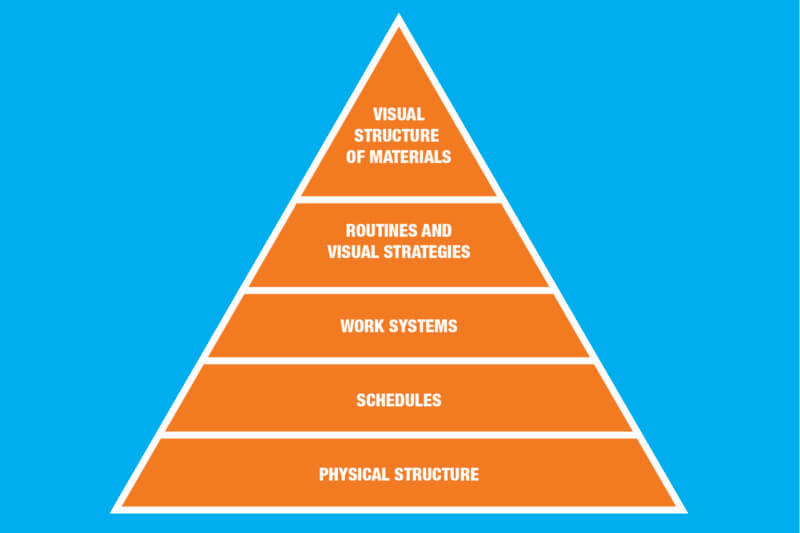What does it mean when an autistic person has an auditory processing disorder?
Auditory processing is the ability to interpret the sounds that we hear. It has nothing to do with the ability to hear, but rather making sense out of—or perceiving—what is heard. A person with auditory processing disorder may have their hearing tested and perform fine, but will still struggle to process sounds. They hear speech sounds, but don’t perceive the…















